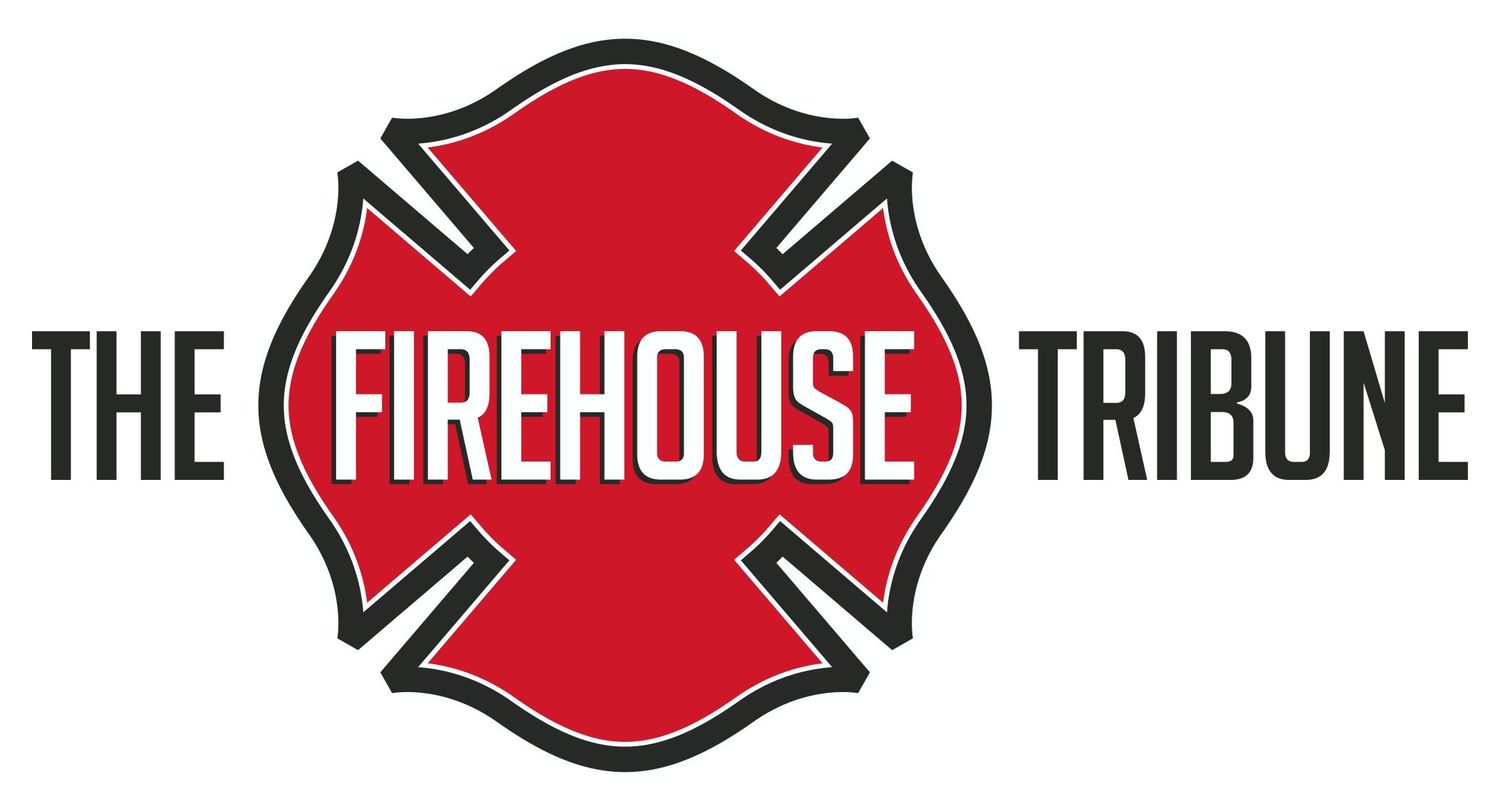Avoid Exhaustion through Healthy Eating
Exhaustion and burn out are common in all jobs. It's inevitable not to feel exhausted or burnt out from time to time and that's OK. Exhaustion can begin long before the end of shift or the end of your day. Again, that too is OK. When thinking about it and looking at the cause, is it because of the workload? Personal issues? Health? Let's look at the latter.
As they say, "you are what you eat" and that is in fact true. We can work out all we want. We can lift weights, do bodyweight exercises, cardio, train in our PPE and still feel burnt out and exhausted. Why is that? Simply, it's our nutrition. What we eat has a direct relation to our energy levels and our diet plays a large role in how we produce energy to function through our day.
If in doubt, ask yourselves these 2 questions:
Do I have the right amounts of food in my diet?
Am I consuming a diet filled with enough nutrients?
By choosing the right nutrients to consumer in our diets will greatly impact how we maintain and keep energized throughout the day.
Nutrient Dense Foods
Focus on consuming lean meats, whole grains, healthy fats, and lots of fruits and vegetables. Two key nutrients known to help the body produce energy are Magnesium (also good for headaches) and vitamin B. These 2 nutrients can be found in foods such as spinach, avocados, and bananas.
Regularly Eating
Eating small meals every 3-4 hours (if possible) will help in fueling our metabolism and keeping you energized and full.
It starts with Breakfast
Having a nutritious breakfast consisting of healthy proteins (eggs, chicken, almonds, lean meats, etc.), complex carbs (longer to breakdown and provides lasting energy levels such as oats and wheat) with some fruits and vegetables will fuel your body and mind to begin your day properly.
Smart Snacking
Snacking is good if it's done wisely. Nutritious snacking should contain lean protein and fiber-rich carbohydrates to provide lasting energy. Have an apple, nuts, seeds, carrots, or low fat Greek yogurt. Snacks are not intended to fill you up, but to simply bridge the gap from one meal to the next while keeping you energized.
Hydrate
When we feel like we need energy, it's easy to pick up and energy drink or coffee. However, most caffeinated drinks are filled with added sugars which could cause a spike in blood sugar levels and add to a mid-late day crash. Further, dehydration plays a role in fatigue and exhaustion. Swap in the sugary drinks for water and eliminate the added sugars and unwanted/needed calories.
Keys to Hydrations
Hydration varies from person to person. The National Academies of Sciences, Engineering, and Medicine determined that an adequate daily fluid intake is:
About 15.5 cups (3.7 liters) of fluids for men
About 11.5 cups (2.7 liters) of fluids a day for women
These recommendations cover fluids from water, other beverages and food. About 20 percent of daily fluid intake usually comes from food and the rest from drinks. Remember, proper nutrition throughout the day will assist in daily hydration. Some examples of foods for hydration are watermelon & spinach (almost 100% water by weight)cucumber, broths/soups and herbal teas to name a few.
The next time you're in need of a boost or a quick pick me up consider the options mentioned above on shift or at home. The more nutritious foods we put in our bodies the better we are able to perform. Stay ready instead of have to get ready. It starts with you.
Until next time; work hard, stay safe & live inspired.







